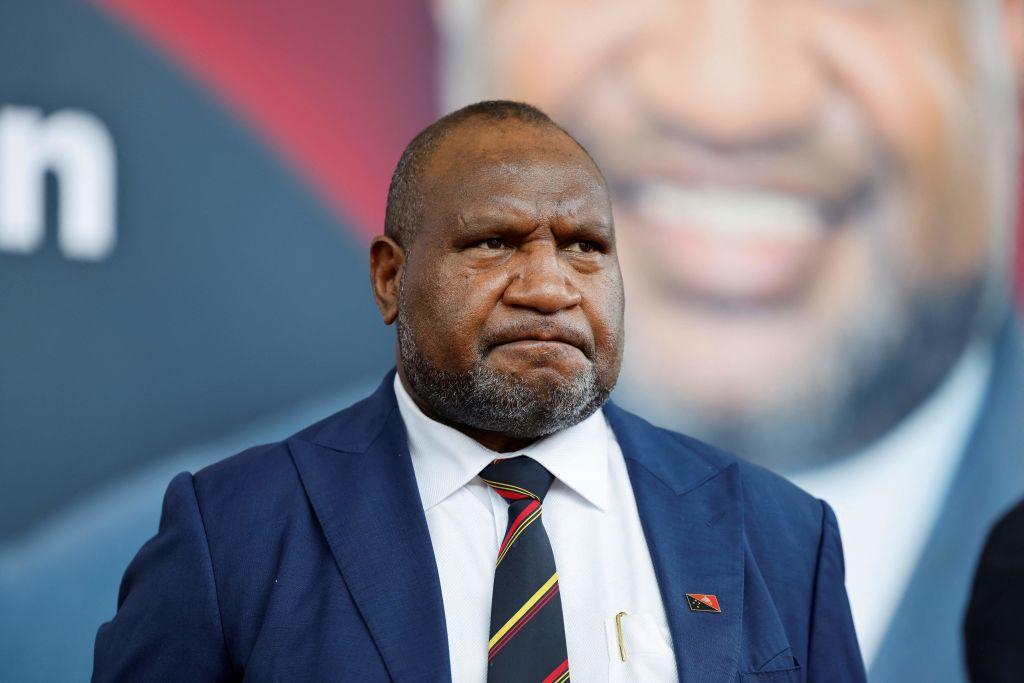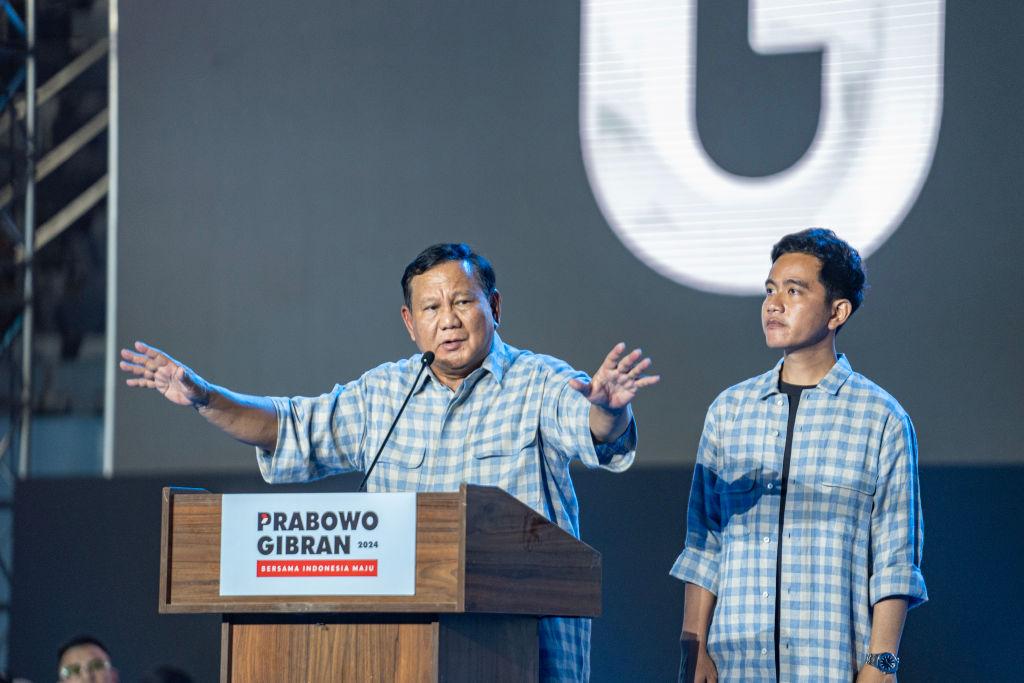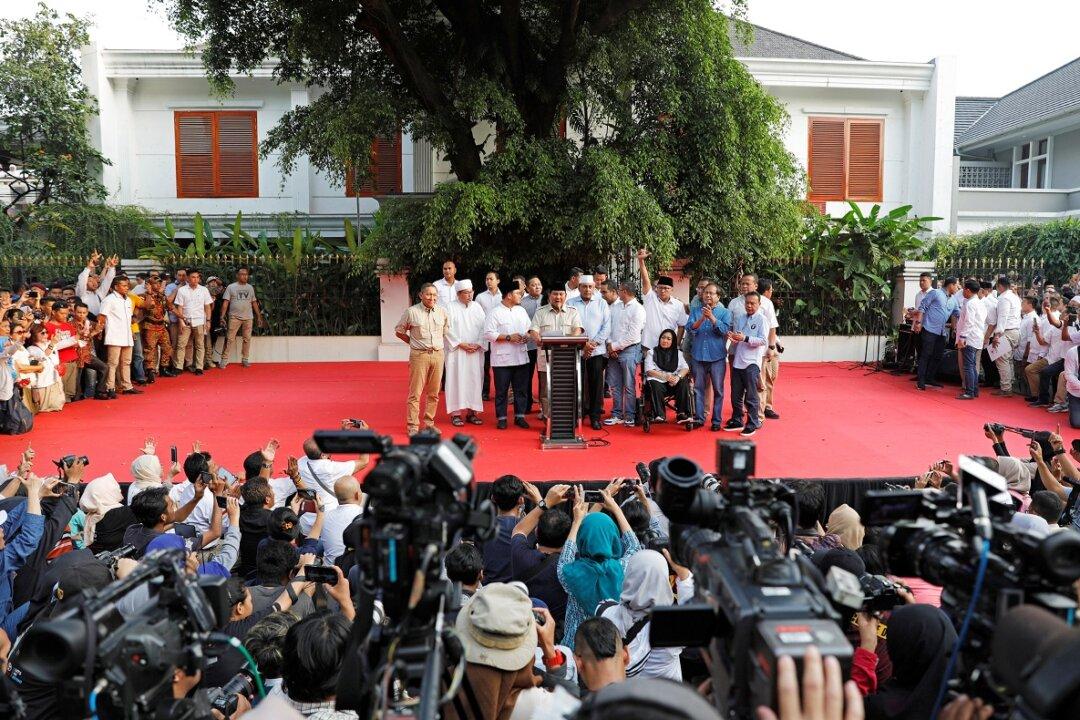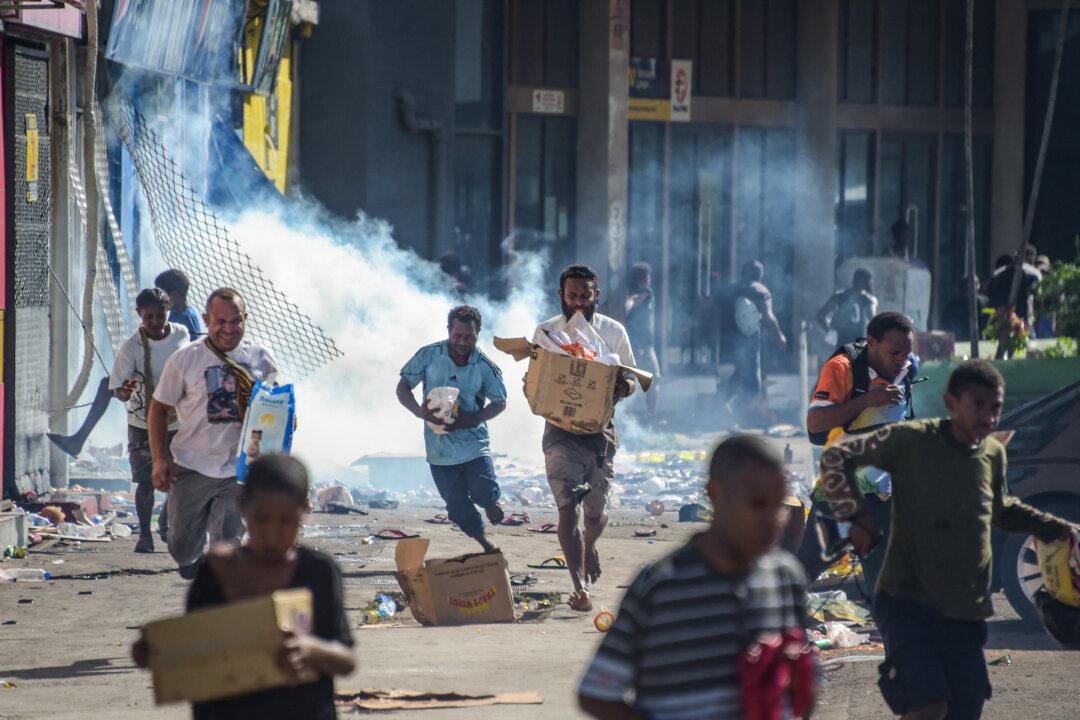Papua New Guinea’s (PNG) Prime Minister James Marape is currently in Beijing attending the third Belt and Road Forum for International Cooperation.
The PNG leader met with both Premier Li Qiang and Chinese Leader Xi Jinping, with Mr. Marape saying, “I have had very successful separate bilateral meetings with the premier and the president. Out of the 150 nations attending the Belt and Road forum, we were accorded this rare privilege—to meet the head of government and head of state in our own meetings.”




